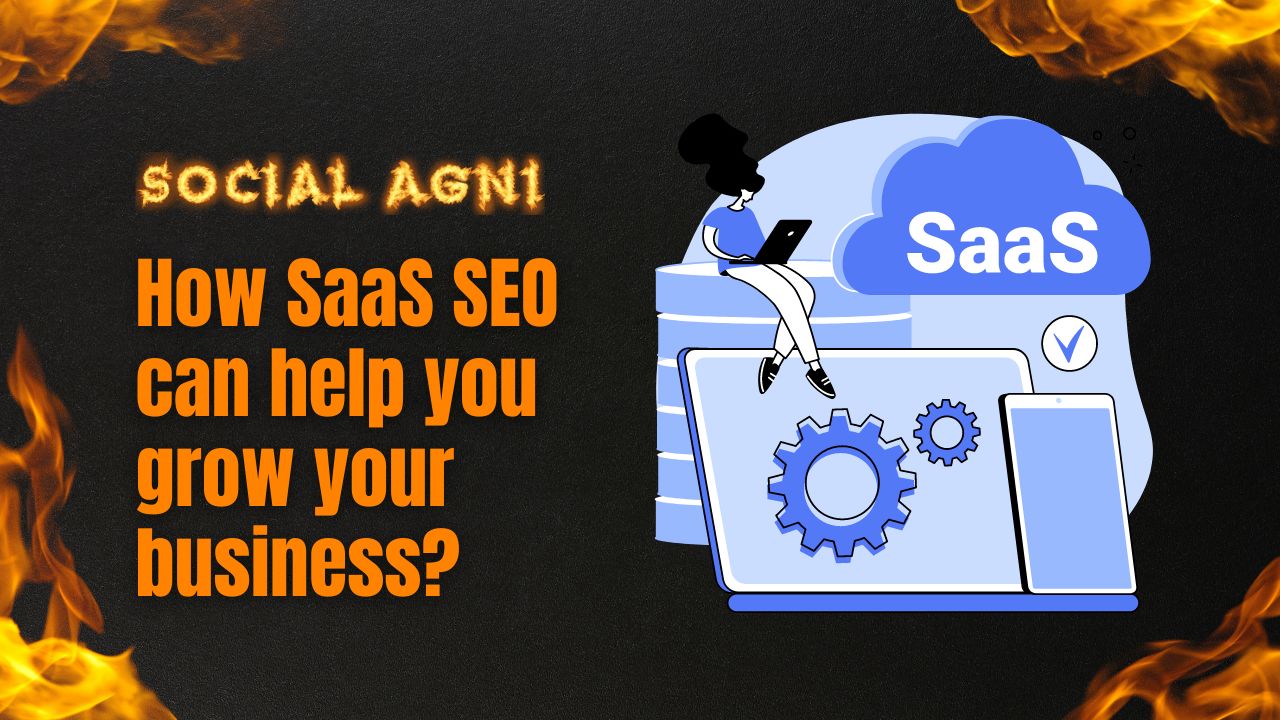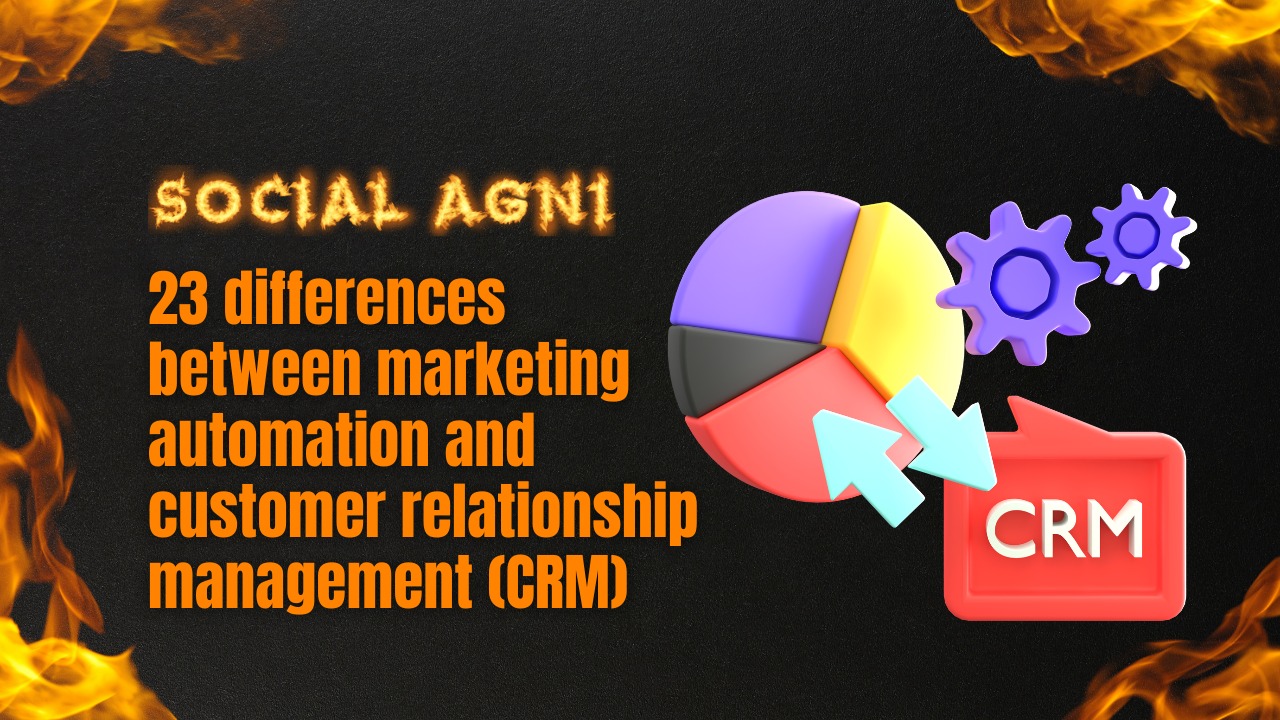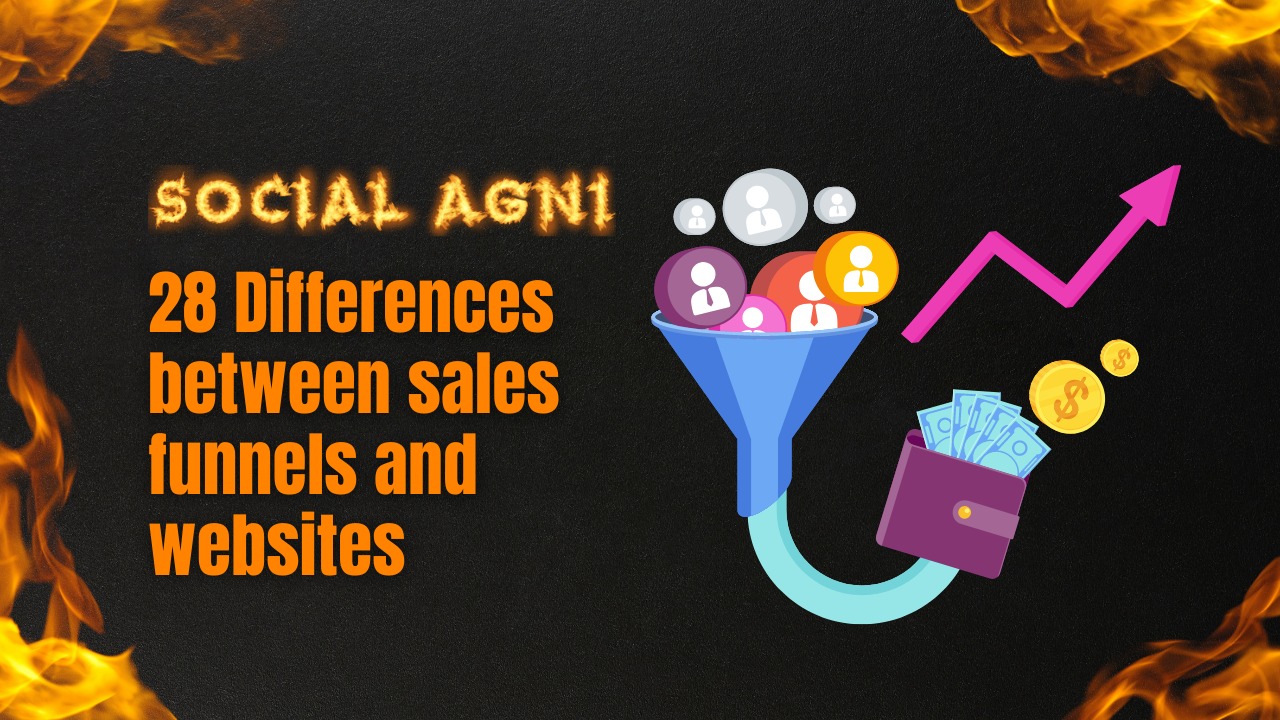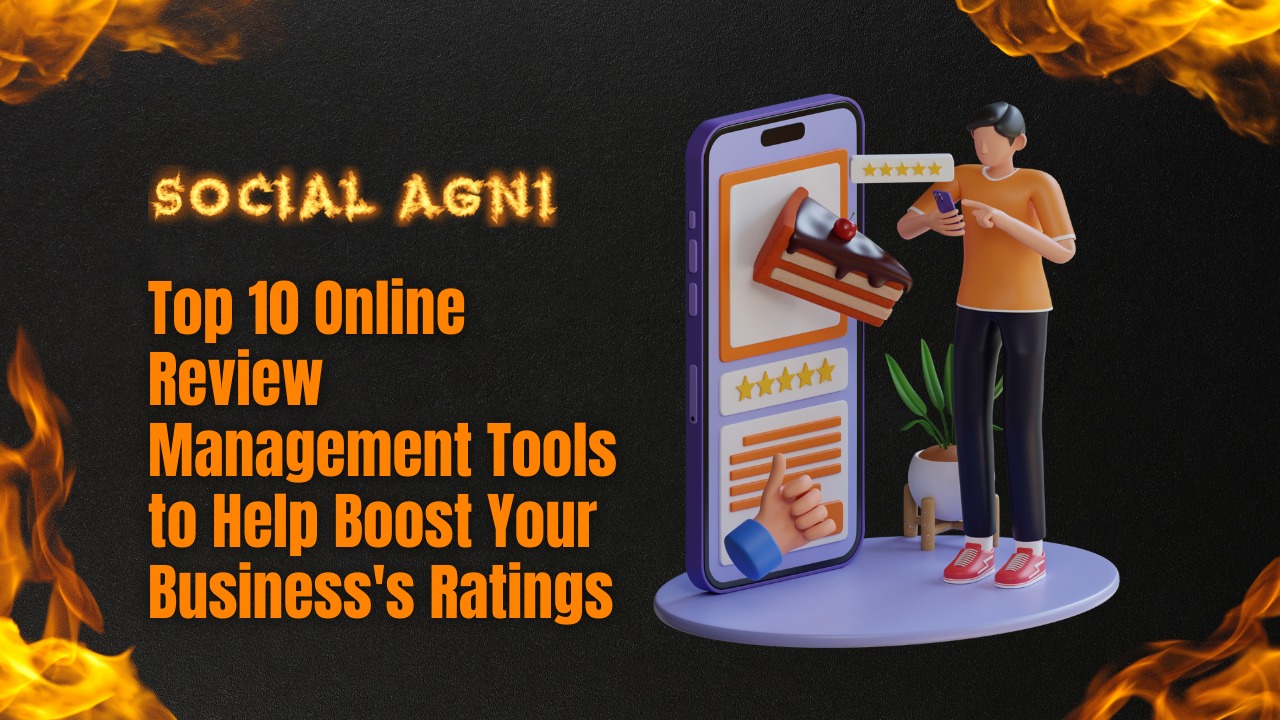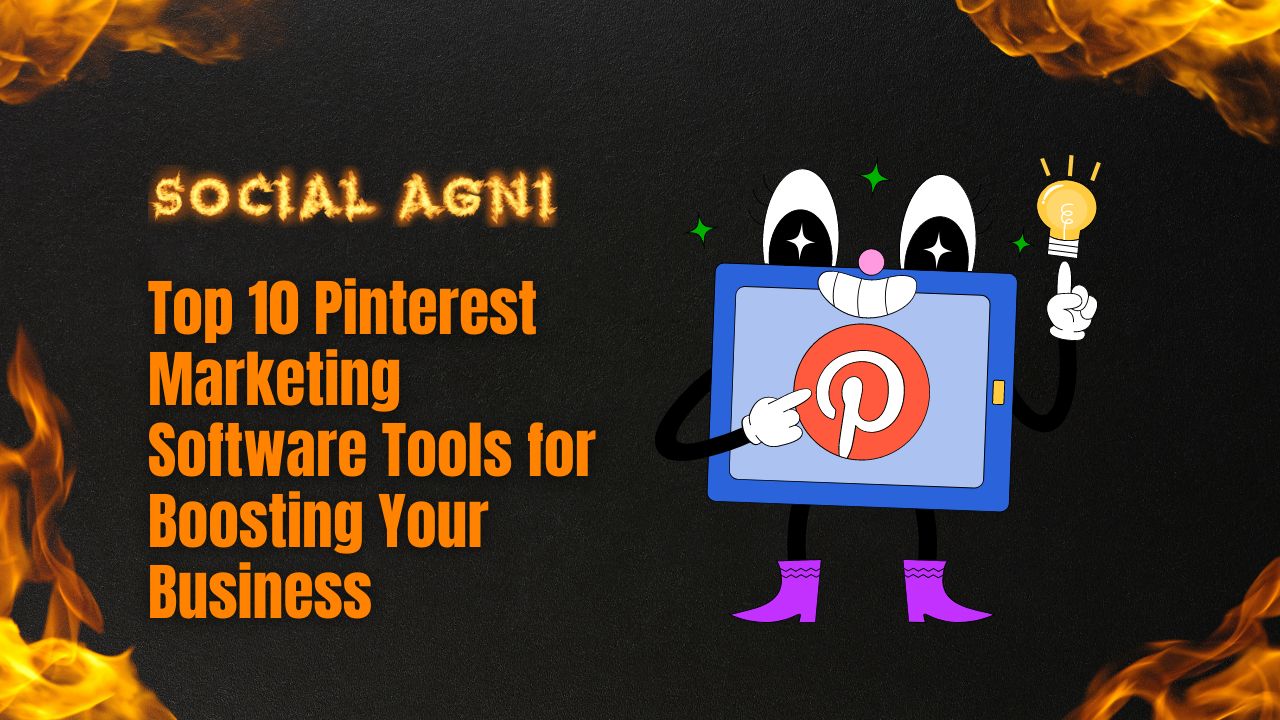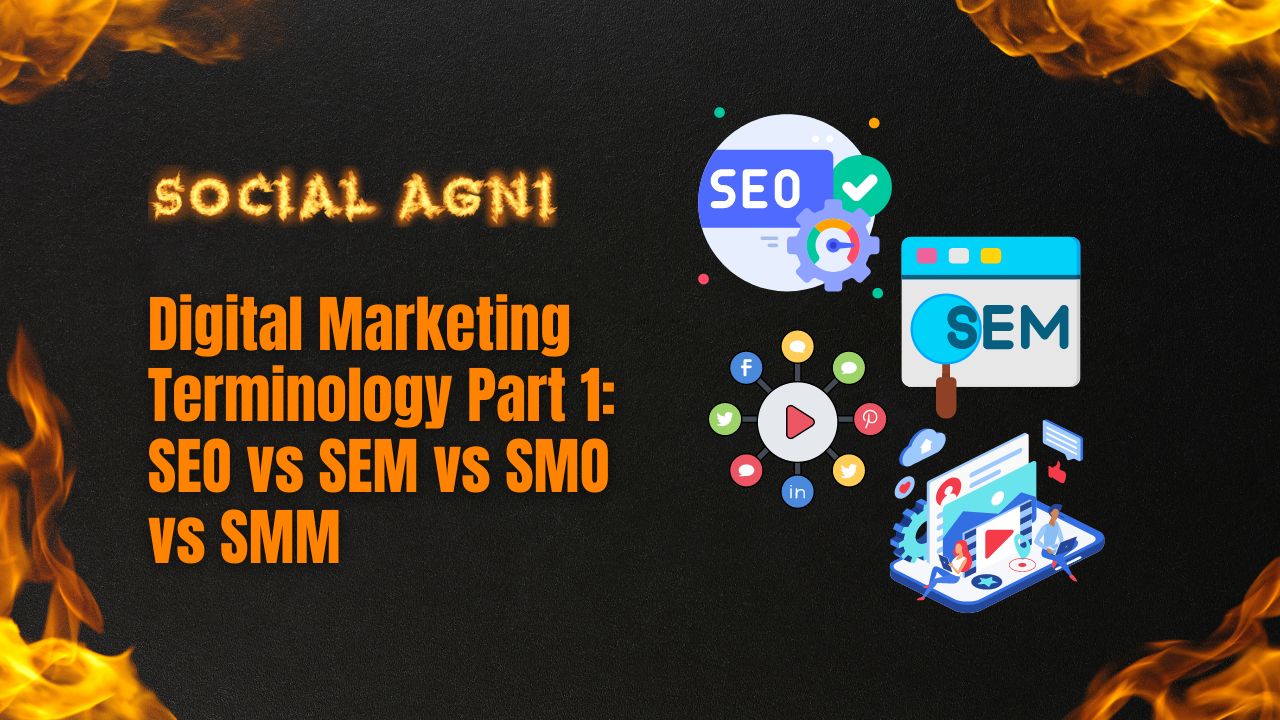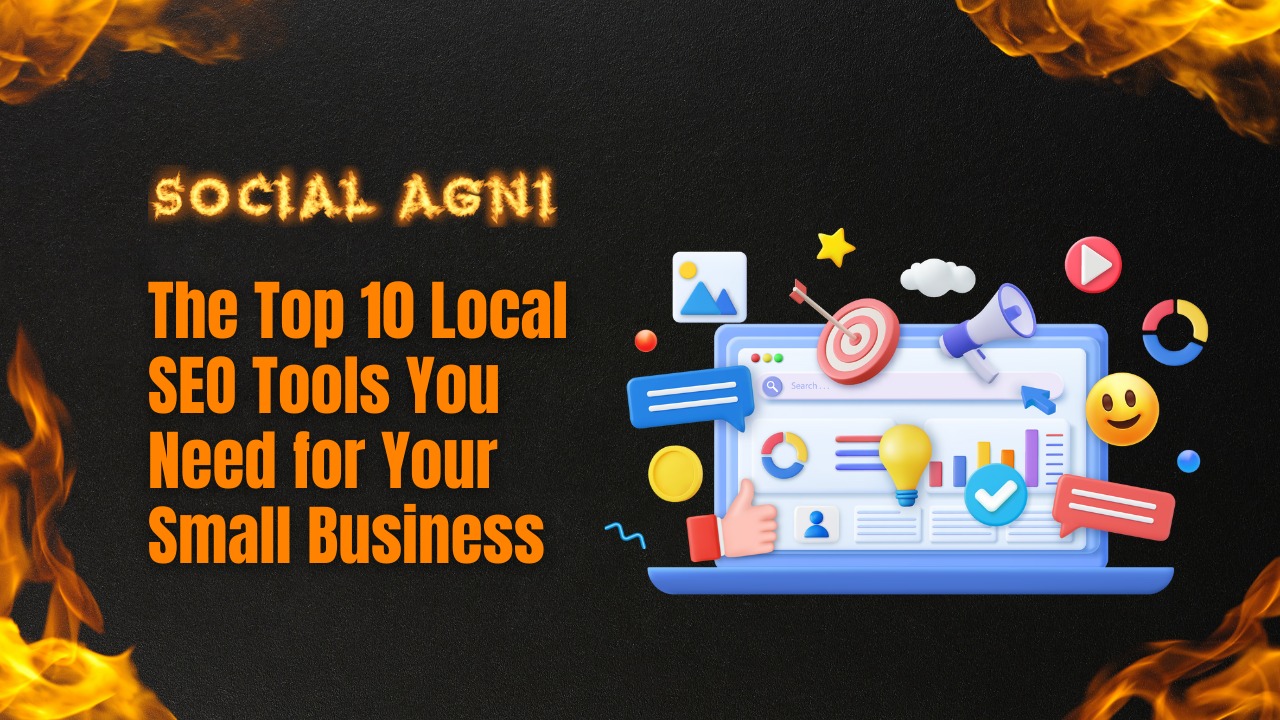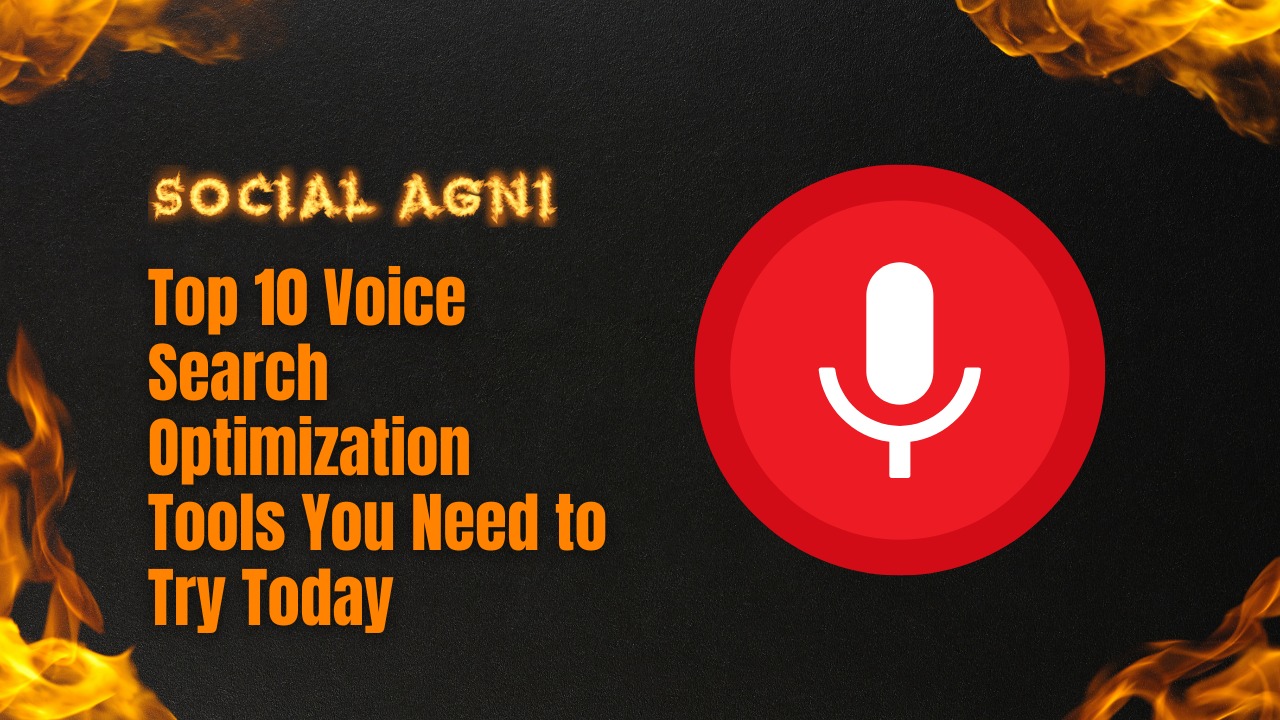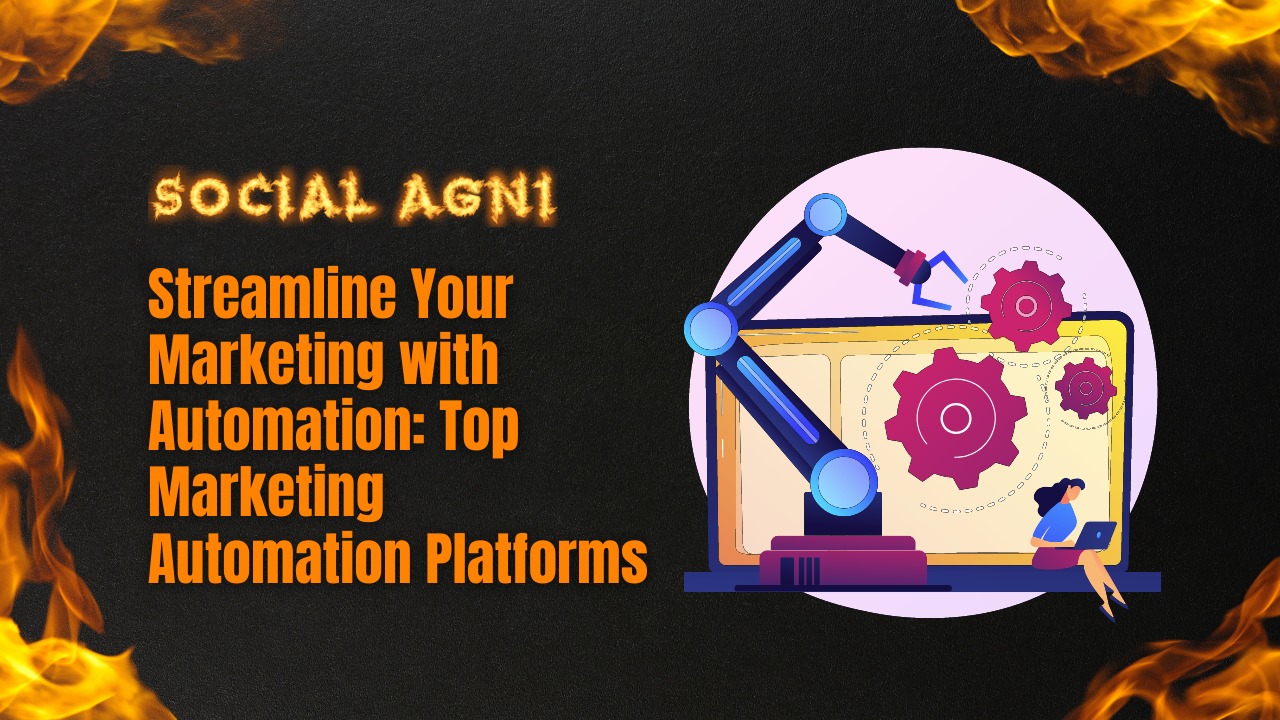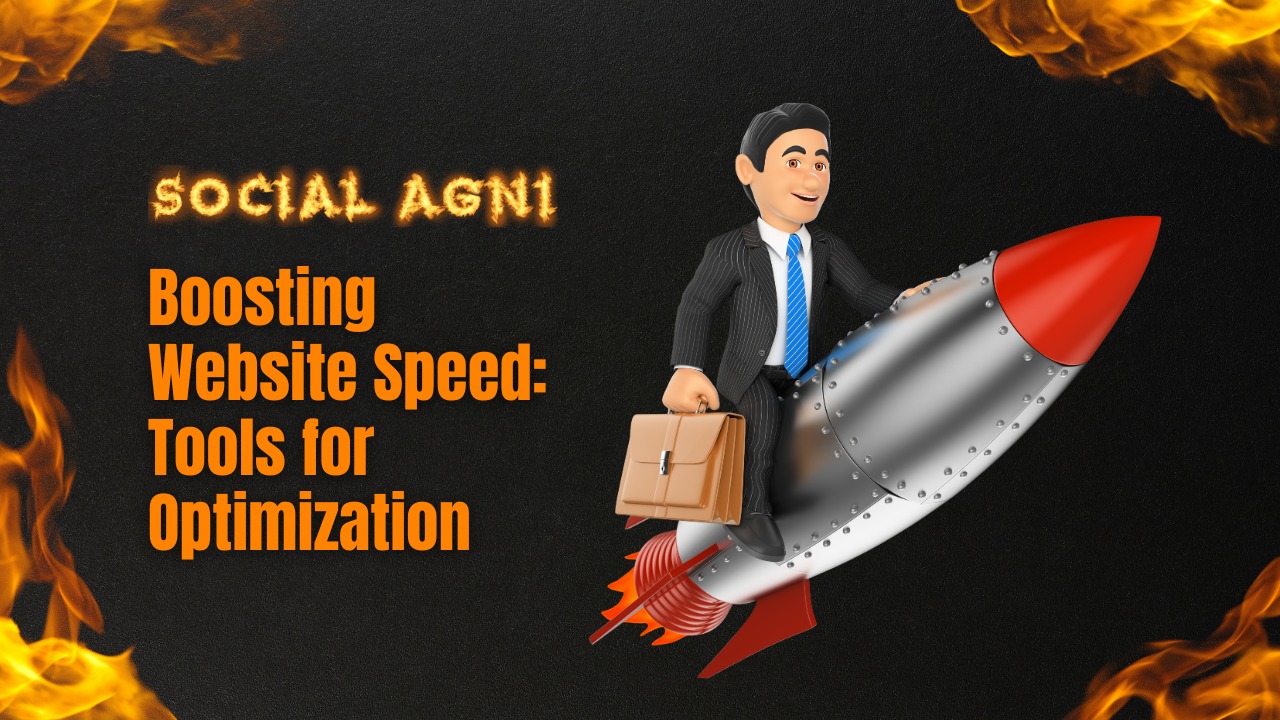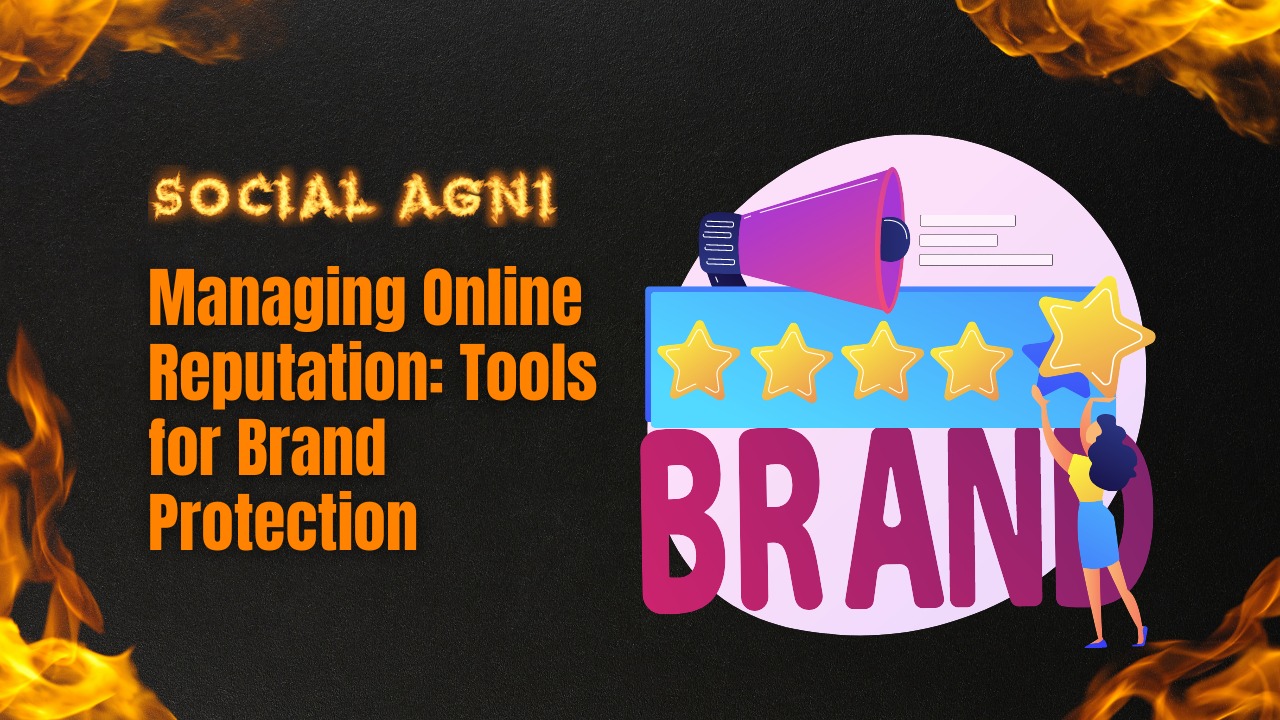SaaS is a popular and effective approach for organizations to provide software solutions to clients in today’s digital world. SaaS companies need excellent marketing techniques to stand out and build their client base in the increasingly competitive online industry. SaaS SEO, which integrates search engine optimization with SaaS company demands, has great promise. Search Engine Optimization (SEO) improves a website’s SERP ranking and organic traffic. SaaS SEO helps boost internet exposure, brand recognition, and quality lead generation for software companies.
SaaS SEO targets SaaS company requirements and issues. It considers SaaS’s subscription-based services, recurring income, and client retention. SaaS companies may expand by optimizing SEO for these factors.SaaS SEO may help you expand your business and reach your goals. We’ll cover SaaS SEO’s main features, tactics, and tools. Discover how SaaS SEO can transform your business.
I. Understanding SaaS SEO
knowing SaaS SEO is crucial to know its potential and its influence on your organization. SaaS SEO optimizes websites and digital marketing for SaaS companies. It addresses SaaS industry issues such as subscription-based models, recurring income, and client retention. SaaS SEO aims to boost SaaS websites’ SERP rankings for relevant keywords and phrases. SaaS companies may boost organic traffic, brand recognition, and lead quality by ranking higher in search results.
SaaS SEO requires keyword research and optimization. SaaS firms must choose keywords that match their software and their customers’ pain issues. SaaS companies may rank better in search results and attract their target consumers by carefully using these keywords in website content, meta tags, and other SEO aspects.
SaaS SEO optimizes user experience and conversions. SaaS websites must ensure easy navigation, fast loading times, and intuitive design. Optimizing landing pages and using effective CTAs may increase sign-ups, free trials, and paid subscriptions.
SaaS SEO also requires content marketing. High-quality, informative, and relevant content builds authority and generates organic search engine traffic. Blogs, whitepapers, case studies, and other content formats may help SaaS companies address their target audience’s pain concerns and demonstrate their software’s worth.
SaaS SEO also requires link development from authoritative websites. These backlinks tell search engines your website is trustworthy and useful, improving search ranks. SaaS link development tactics include working with similar SaaS firms, cultivating relationships with industry leaders, and providing good content that organically attracts backlinks. In the congested SaaS industry, SaaS SEO may provide organizations an edge. SaaS SEO boosts exposure, conversion rates, and cost-effectiveness, making it essential for business growth and long-term success.
II. Key Benefits of SaaS SEO
SaaS SEO has various advantages that might boost your business. Discussing these benefits:
Increased Visibility and Brand Awareness: SaaS SEO boosts keyword rankings in SERPs. Your brand will be seen by more prospective clients seeking software solutions. You build trust and brand recognition by ranking high in search results.
Higher Conversion Rates: SaaS SEO tactics boost traffic, user experience, and conversion rates. Optimize landing pages, employ clear CTAs, and provide a smooth user experience to drive visitors through the conversion funnel. More sign-ups, free trials, and paid subscriptions increase revenue and business growth.
Cost-Effective Marketing Strategy: SaaS SEO is a long-term, cost-effective digital marketing technique. SaaS SEO targets organic search traffic, which generates leads and conversions without additional expenses. SaaS SEO may enhance ROI and maintain growth.
Targeted Traffic and Quality Leads: SaaS SEO lets you target software solution-related keywords and phrases. Search engine traffic is more likely to be interested in your products, resulting in higher-quality leads. Targeted traffic boosts conversions and marketing effectiveness.
Competitive Advantage in the SaaS Market: Many SaaS firms compete for clients. You can beat your competitors using SaaS SEO. In software comparisons, higher search ranks, exposure, and brand presence offer you an edge. SaaS SEO distinguishes your brand as an industry leader.
Measurable Results and Analytics: SaaS SEO’s analytics tools reveal your website’s performance. Track organic traffic, keyword rankings, conversion rates, and more. This data helps you make decisions, develop SEO methods, and maximize outcomes. Measurement and analysis of SEO activities enable marketing campaign optimization.
SaaS SEO has several perks that may help your business thrive. Effective SaaS SEO techniques may boost your online presence and income by increasing visibility, brand recognition, conversion rates, and competitiveness. SaaS SEO helps maximize your software offerings and boost business growth.
III. Implementing SaaS SEO Strategies
Effective SaaS SEO techniques are essential for business success. SaaS SEO must address these areas:
A. On-Page Optimization:
On-page optimization improves search engine visibility and user experience by optimizing various website elements. Important factors:
Keyword research: Find terms that match your SaaS products and audience’s search intent.
Website structure: Provide straightforward navigation and easy access to key pages.
URL optimization: Give your web pages descriptive, keyword-rich URLs.
Meta tags: Use appealing keywords in meta titles and descriptions.
Optimizing content: Use keywords naturally in your website’s text, headers, and image alt tags.
Schema markup: Give search engines context about your SaaS products using structured data markup.
B. SaaS SEO Content Marketing:
SaaS SEO requires high-quality, relevant content. Try these:
Blogging: Write often on industry trends, prevalent issues, and your expertise.
Whitepapers and guides: Create comprehensive materials for your audience.
Case studies Showcase your SaaS solutions’ advantages and success stories.
SEO content: Optimize your content using keywords, informative headers, and readability.
Guest posting: Write for authoritative SaaS websites to boost backlinks and brand awareness.
C. SaaS SEO link building:
Quality backlinks boost search engine ranks and reputation. Link-building strategies:
Work with SaaS industry leaders on content and partnerships.
Find complementary SaaS companies for cross-promotion and link sharing.
Promote high-quality content to relevant websites and request backlinks.
Engage with your target audience and industry peers on social media to create relationships and obtain natural backlinks.
D.Technical SEO
Technical SEO optimizes your website for search engines. Priorities include:
User experience and search engine rankings Optimize page loading times.
As mobile usage rises, be sure your website is mobile-friendly.
Secure your website with HTTPS.
Submit an XML sitemap to search engines for crawling and indexing.
Optimize your robots.txt file to direct search engine crawlers and restrict website access.
E. Monitoring and analytics:
Check your SaaS SEO results regularly. Track organic traffic, keyword rankings, bounce rates, and conversion rates using Google Analytics and Search Console. This data helps you optimize SaaS SEO initiatives and make data-driven decisions.
SaaS SEO involves regular monitoring, optimization, and adaption. To keep your methods successful and connected with your company goals, follow industry trends, algorithm updates, and user behavior.
IV. Tools and Resources for SaaS SEO
Using SaaS SEO tools and resources can help you implement them. Important tools and resources include:
Google Keyword Planner: This free tool finds appropriate keywords and shows search volume and competition.
SEMrush: Keyword research, competitor analysis, and other SEO capabilities.
Ahrefs: Popular SEO tool for keyword research, backlink analysis, and website auditing.
Google Analytics: Free website traffic, user activity, and conversion tracking tool.
Google Search Console: Monitors your website’s performance in Google search results, gives keyword ranks, and warns you to difficulties.
Yoast SEO: A WordPress plugin for keyword optimization, meta tag management, and content analysis.
Moz Pro: Site audits, content suggestions, and page optimization tools.
Moz Link Explorer: Analyzes your website’s backlink profile and delivers link-building insights.
Ahrefs: Backlink analysis, competition analysis, and link prospecting.
Technical SEO Tools: Google PageSpeed Insights: Assesses website speed and suggests improvements.
Screaming Frog: A website crawler that finds broken links, duplicate content, and missing meta tags.
Grammarly: An online grammar, spelling, and readability assistance.
BuzzSumo: Find popular and trending content for your keywords to help you generate shareable content.
SEO Forums:
Moz Community and Reddit’s r/SEO offer opportunities to learn from professionals, ask questions, and keep up to current on SEO trends and methods.
These tools and resources may expedite your SaaS SEO efforts, give useful data and insights, and help you make educated decisions to enhance your website’s performance and search results.
Conclusion:
Finally, SaaS SEO helps your firm expand in the competitive SaaS sector. SaaS SEO may boost internet exposure, targeted traffic, and brand recognition. SaaS SEO boosts exposure, brand recognition, conversion rates, cost-effectiveness, targeted traffic and quality leads, market advantage, and analytics-based results. SaaS SEO requires on-page optimization, content marketing, link building, technical SEO, and analytics. Use SaaS SEO-specific keyword research, SEO analytics, on-page optimization, backlink analysis, technical SEO, and content creation and optimization tools.
To keep current on SaaS SEO trends and best practices, follow industry publications, blogs, SEO groups, and forums. SaaS SEO involves regular monitoring, optimization, and adaption. To keep your initiatives successful and connected with corporate goals, stay abreast of market changes, algorithm upgrades, and user behavior. SaaS SEO can help you develop, expand, and succeed in the competitive SaaS industry. Use SaaS SEO to grow your business and take advantage of the digital world.
Frequently Asked Questions (FAQs):
1. What’s SaaS SEO?
SaaS SEO optimizes websites and digital marketing for SaaS companies. It boosts search engine exposure, organic traffic, and SaaS growth.
2. What makes SaaS SEO unique?
SaaS SEO takes into account recurring income, subscription models, and client retention. It involves SaaS-specific methods.
3. Why does my business need SaaS SEO?
SaaS SEO help boosts internet exposure, targeted traffic, brand recognition, and high-quality leads. It helps your company develop and succeed in the saturated SaaS industry.
4. SaaS SEO results take how long?
SaaS SEO outcomes vary based on keyword competitiveness, optimization quality, and website status. Consistent efforts offer superior long-term benefits.
5. Should I hire a SaaS SEO professional or do it myself?
With expertise and resources, you can apply SaaS SEO techniques yourself. However, engaging a SaaS SEO professional or firm may save time, assure optimal outcomes, and give essential knowledge.
6. Content in SaaS SEO?
SaaS SEO needs content. High-quality, relevant, and instructive content builds authority, attracts organic traffic, and engages your audience. It boosts SEO and conversions.
7. How do I pick SaaS SEO keywords?
Knowing your audience, doing keyword research, and considering search intent are crucial to choosing the proper keywords. Find keywords that match your SaaS products and balance search volume and competitiveness.
8. Link building for SaaS SEO?
SaaS SEO requires link building. Backlinks from authoritative websites boost search engine ranks, reputation, and organic traffic. Quality content and relationship-building are essential for natural link acquisition.
9. How do I evaluate SaaS SEO?
SaaS SEO analytics include organic traffic, keyword rankings, conversion rates, and engagement metrics. These parameters are illuminated by Google Analytics and Search Console.
10. SaaS SEO: one-time or ongoing?
SaaS SEO involves regular monitoring, optimization, and adaption. To maintain and increase search rankings and company success, you must continuously assess and adapt your strategy. Search engine algorithms, industry trends, and user behavior change.
